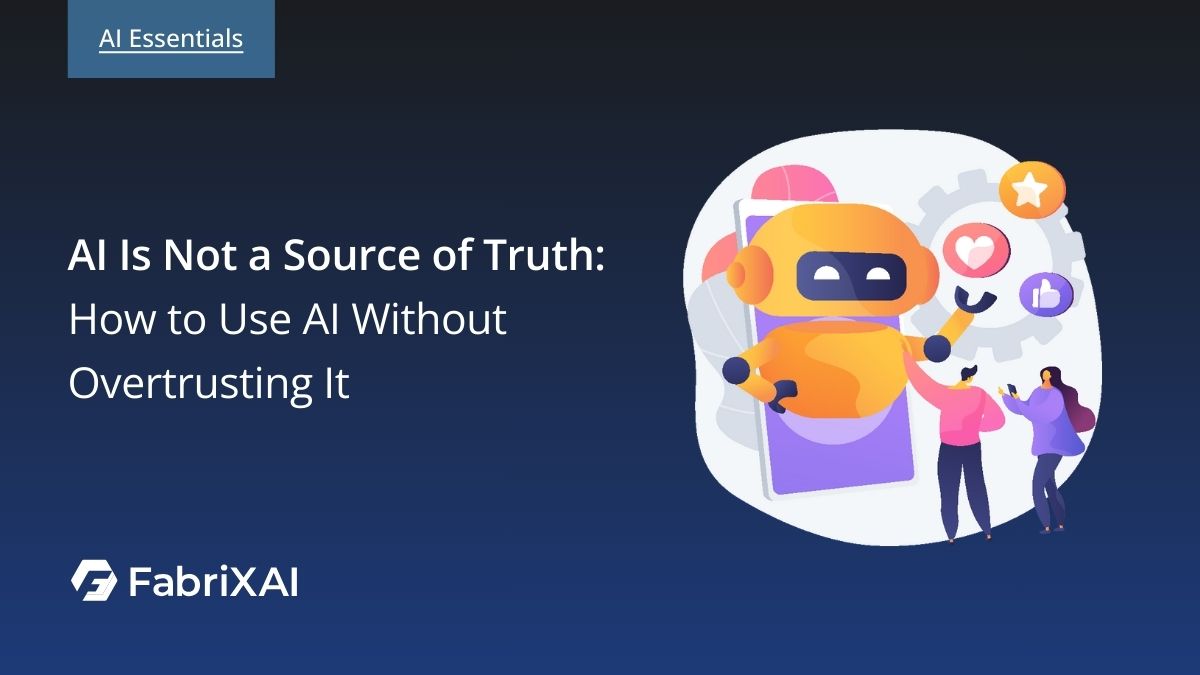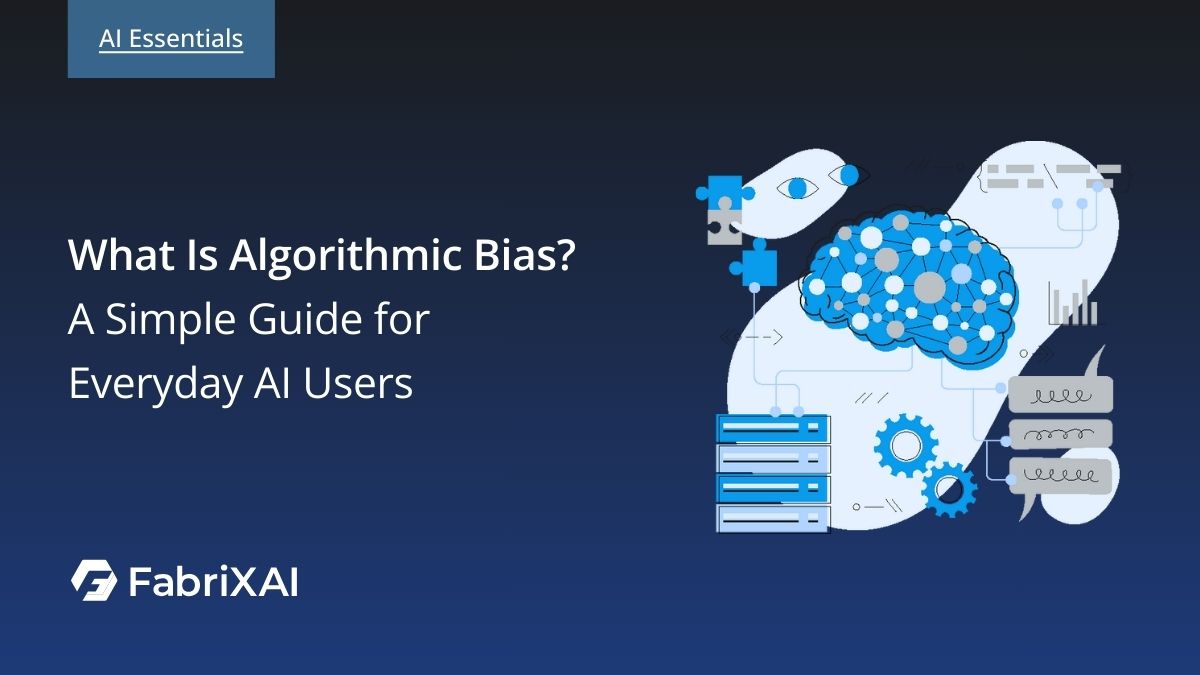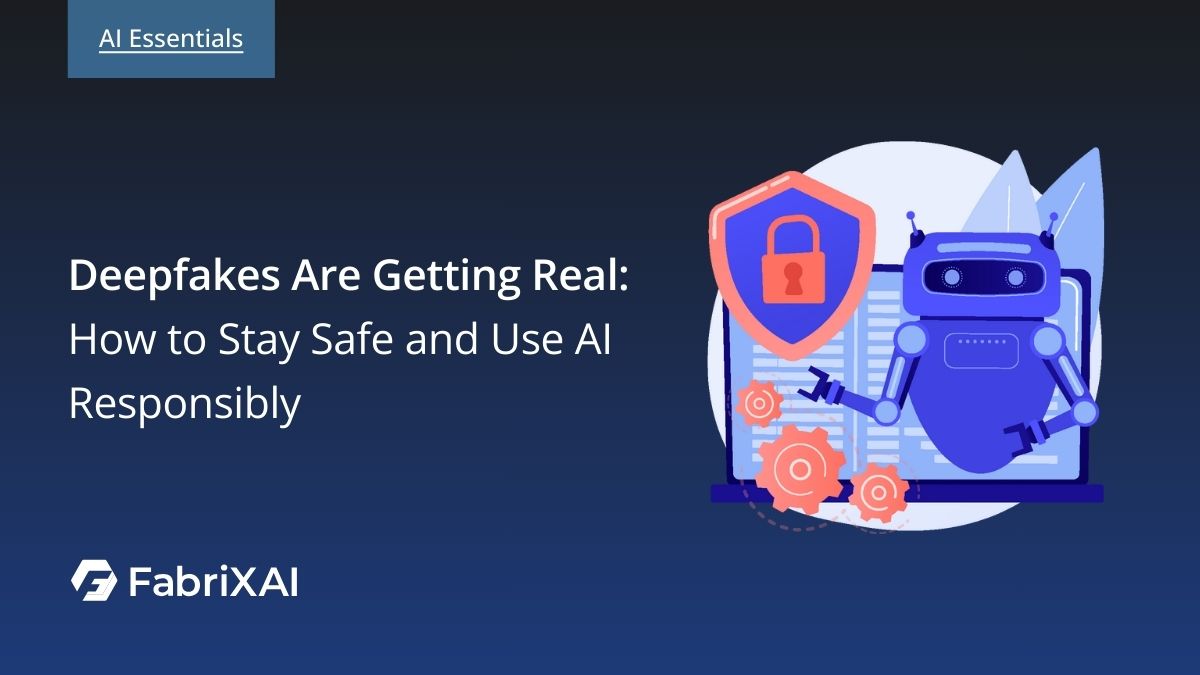Mastering Intelligent Automation: Elevate Your Business with AI and Automation

The relentless march of technological innovation has transformed the business landscape, offering organizations a wealth of opportunities to drive greater efficiency, productivity, and competitive edge. At the forefront of this transformation lies Intelligent Automation (IA) – a dynamic fusion of cutting-edge Artificial Intelligence (AI), Machine Learning (ML), and advanced automation technologies.
In this blog, we’ll dive into what IA is all about, how it works, and the perks it brings to the table. We’ll also break down how IA stacks up against AI and RPA, and share some real-world examples.
What is Intelligent Automation?
Intelligent Automation (IA) is an advanced technology that combines artificial intelligence (AI) with automation tools, including AI automation, to streamline business processes and improve decision-making. By integrating AI with robotic process automation (RPA) and business process management (BPM), intelligent automation can handle complex tasks with minimal human intervention.
At the core of intelligent automation is the ability to learn from data and make autonomous decisions. Through the application of various AI techniques, such as machine learning, natural language processing, and computer vision, IA systems can analyze large volumes of information, identify patterns and trends, and then take actions or provide recommendations with minimum human supervision. This integration of AI automation and RPA allows organizations to automate a wide range of business operations, from repetitive administrative tasks to complex decision-making processes. For a deeper understanding of how these technologies are shaping the future, check out our article on Embracing the Future: AI Automation in Modern Enterprises.
How Does Intelligent Automation Work?

To understand IA, it’s essential to look at its key components:
1. Robotic Process Automation (RPA)
RPA uses software robots to automate repetitive, rule-based tasks. These bots can perform actions across various applications, reducing the need for manual input and minimizing errors. Check out Introduction to Robotic Process Automation (RPA) to learn more about RPA.
2. Artificial Intelligence (AI)
AI in intelligent automation is used to analyze vast amounts of data and derive insights. It involves algorithms capable of recognizing patterns, making predictions, and providing recommendations. Through continuous learning and adaptation, AI enhances the efficiency and accuracy of automated processes, enabling businesses to make informed decisions quickly.
3. Business Process Management (BPM)
Business Process Management (BPM) is a fundamental component of Intelligent Automation, as it focuses on optimizing and automating business processes to increase efficiency. BPM provides a structured approach to streamlining operations and improving workflow, allowing organizations to achieve greater productivity, cost savings, and enhanced customer satisfaction. By further leveraging data analytics and real-time monitoring, BPM enables continuous optimization and adaptation to changing business needs, unlocking significant gains in operational efficiency, agility, and overall competitiveness
IA vs RPA
IA and RPA are often confused, but they serve different purposes. Here’s how they differ:
IA vs AI
AI is a key component of intelligent automation but they are not the same. Understanding the distinction between IA and AI is crucial. Here's a comparison:
Benefits of Intelligent Automation
1. Increased Efficiency
Intelligent Automation (IA) and AI automation automates repetitive, rule-based tasks, allowing employees to focus on more strategic and value-added work. While organizations can streamline their processes, reducing the time and resources required to complete these tasks.
2. Improved Accuracy
IA systems, powered by advanced analytics and machine learning algorithms, can process information with a high degree of precision, ensuring consistent and reliable outcomes. This helps minimize the potential for human error, especially in processes involving large data sets.
3. Cost Savings
By automating labor-intensive tasks, organizations can reduce their reliance on manual labor, leading to lower operational expenses. Furthermore, the enhanced efficiency and precision of Intelligent Automation can help organizations avoid costly errors and rework, which further contributes to overall cost reductions.
4. Enhanced Decision-Making
IA systems can analyze vast amounts of data, identify patterns and trends, and provide valuable insights that can inform strategic decision-making. This data-driven approach helps organizations make more informed and evidence-based decisions, ultimately leading to better business outcomes.
5. Scalability and Adaptability
IA systems can easily scale up or down to accommodate changing business needs and fluctuations in workload. Additionally, they can adapt to evolving business requirements and new data sources, allowing organizations to remain agile and responsive to market changes.
Intelligent Automation Examples

Let’s explore some real-life applications of IA:
1. Healthcare: Patient Data Management
Intelligent Automation and AI automation streamlines patient data management by automating the collection, storage, and retrieval of medical records. AI algorithms organize data from multiple sources, ensuring accuracy and accessibility. This reduces administrative burdens on healthcare professionals, allowing them to focus on patient care and improving overall efficiency.
2. Finance: Fraud Detection
In the finance sector, IA and AI automation plays a crucial role in fraud detection. Machine learning models analyze transaction patterns in real-time, identifying anomalies that may indicate fraudulent activities. By automating this process, financial institutions can quickly respond to threats, minimizing losses and enhancing security for their customers.
3. Manufacturing: Supply Chain Optimization
IA and AI automation optimizes supply chain operations by predicting demand and managing inventory levels. AI-driven analytics provide insights into market trends and customer behavior, enabling manufacturers to adjust production schedules and reduce waste. This leads to cost savings and improved delivery times, enhancing competitiveness in the market.
4. Retail: Inventory Management
Retailers utilize Intelligent Automation and AI automation to streamline inventory management. AI systems track stock levels, automatically reorder products, and forecast demand based on consumer behavior. This ensures optimal inventory levels, reduces carrying costs, and enhances customer satisfaction by ensuring products are available when needed.
Conclusion
Intelligent Automation is undoubtedly transforming the way industries operate. This powerful combination of AI and automation is driving remarkable improvements in efficiency, cost savings, and decision-making capabilities. As businesses continue to embrace this transformative technology, they can expect to see a significant boost in their overall productivity and the ability to innovate in ways that were previously unimaginable.
For more insights on how organizations can harness this technology, check out our article on Embracing the Future: AI Automation in Modern Enterprises. The future of Intelligent Automation holds immense promise, as it empowers organizations to streamline their processes, make more informed choices, and stay ahead of the competition in an increasingly dynamic and technology-driven landscape.
Frequently Asked Questions on Intelligent Automation
1. What is the difference between IA and traditional automation?
Traditional automation focuses on automating simple, repetitive tasks, whereas IA incorporates AI to handle complex processes and make data-driven decisions.
2. How does IA improve business operations?
IA increases efficiency, reduces errors, and provides valuable insights by automating and optimizing business processes.
3. Will IA replace human jobs?
While IA can automate many tasks, it is more likely to augment human roles, allowing employees to focus on more strategic and creative activities.
4. What industries benefit most from IA?
Industries such as healthcare, finance, manufacturing, and retail see significant advantages from implementing IA due to their complex processes and data-driven nature.



